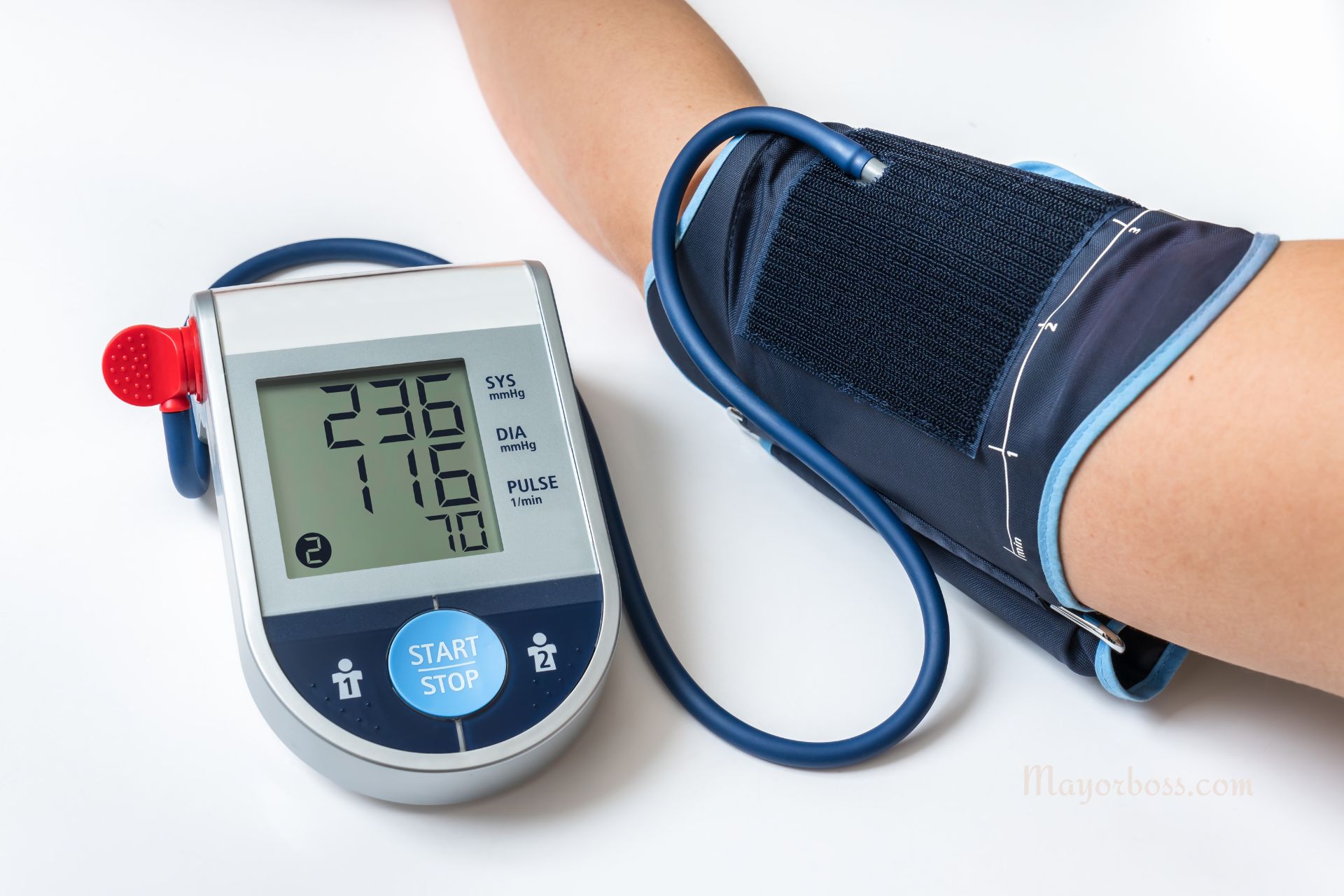How to Ease Gas Pain
Gas pain can be an uncomfortable and sometimes embarrassing issue that many people experience. But fear not! There are several effective methods to ease the discomfort and get back to feeling like yourself again. In this article, I’ll share with you practical tips on how to ease your gas pain and prevent it from coming back. So, let’s dive in and discover some relief!
What Causes Gas Pain?
Before we discuss how to ease gas pain, it’s important to understand its causes. Gas can be a result of several factors:
- Swallowing air while eating or drinking
- The breakdown of certain undigested foods by bacteria in the colon
- Certain medical conditions and medications
Now that we know what causes gas let’s explore some effective ways to ease the pain and discomfort.
How to Ease Gas Pain
1. Let the Gas Out
While it may seem obvious, one of the most effective ways to ease gas pain is simply to let the gas out. Don’t be shy about releasing gas when you need to, as holding it in can cause more discomfort and pain. Find a private space or restroom if you’re in public, and give your body the opportunity to expel the gas. This natural process is not only normal but necessary for maintaining good digestive health. Remember, everyone experiences gas, so there’s no need to feel embarrassed or self-conscious.
2. Pass Stool
Another helpful way to alleviate gas pain is to pass stool. When you have a bowel movement, not only do you eliminate waste from your body, but you also help release trapped gas. If you’re feeling bloated and experiencing gas pain, try going to the restroom and giving yourself time to have a bowel movement.
3. Apply Heat
Applying heat to your abdomen can help to relax the muscles and provide relief from gas pain. Use a heating pad or warm towel and apply it to the area for 15-20 minutes. Be sure to protect your skin from direct contact with the heat source to avoid burns.
4. Peppermint
Peppermint has been used for centuries to soothe a variety of digestive issues, including gas pain. You can try sipping on some peppermint tea, chewing peppermint gum, or even using peppermint oil capsules. The menthol in peppermint has antispasmodic properties, which can help relax the muscles of the gastrointestinal tract and provide relief from gas pain.
5. Ginger
Ginger is another popular natural remedy for gas pain. This powerful root has anti-inflammatory and digestive properties, which can help alleviate bloating and gas. Simply add a teaspoon of grated ginger to a cup of hot water and let it steep for about 5 minutes. Strain the ginger out and enjoy a warm cup of ginger tea to help ease your gas pain.
6. Yoga
Yoga is a wonderful way to improve digestion and relieve gas pain. Poses like “wind-relieving pose” (Pawanmuktasana) and “child’s pose” (Balasana) can help release trapped gas and alleviate discomfort. Incorporate these poses into your daily routine to prevent gas pain and improve overall digestive health.
7. Light Walking
A gentle walk after a meal can help stimulate digestion and release trapped gas. Aim for a 10-15 minute walk to help ease gas pain and promote better digestion.
8. Antacids
Over-the-counter antacids like Tums and Rolaids can help neutralize stomach acid and alleviate gas pain. These are typically safe for occasional use, but it’s important to follow the recommended dosages and consult your doctor if you experience ongoing or severe gas pain.
9. Gas-Relief Medications
Over-the-counter gas-relief medications like simethicone (Gas-X, Mylicon) can help break up gas bubbles in the stomach, making it easier to pass gas and find relief. Be sure to follow the label instructions and consult your doctor if symptoms persist.
10. Chew Your Food Thoroughly
Taking the time to properly chew your food can significantly reduce the amount of air you swallow, which in turn helps to minimize gas pain. Additionally, chewing your food thoroughly aids in digestion and allows your body to better absorb nutrients. So slow down, enjoy your meal, and give your digestive system a break.
11. Avoid Gas-Producing Foods
Certain foods are notorious for causing gas. If you’re prone to gas pain, consider reducing your consumption of the following gas-producing foods:
- Beans and lentils
- Cruciferous vegetables like broccoli, cauliflower, and cabbage
- Carbonated beverages
- Onions and garlic
- High-fat or fried foods
12. Take Probiotics
As we all know, probiotics are live bacteria and yeasts that are beneficial for your gut health. They can help balance the good and bad bacteria in your digestive system, which may improve digestion and reduce gas production. Taking a daily probiotic supplement or incorporating probiotic-rich foods into your diet can help ease gas pain by promoting a healthy gut environment.
Some probiotic-rich foods include:
- Yogurt (choose a variety with live and active cultures)
- Kefir
- Sauerkraut
- Kimchi
- Kombucha
- Miso
- Tempeh
Before starting a probiotic supplement, it’s a good idea to consult with your healthcare provider, especially if you have any underlying health conditions or are taking medications. They can guide you in selecting the right probiotic for your needs and help ensure it doesn’t interact negatively with your current medications or health concerns.
The Bottom Line
Gas pain is a common and often uncomfortable experience, but there are many ways to find relief. By incorporating strategies such as letting gas out, passing stool, avoiding gas-producing foods, trying over-the-counter medications, and taking probiotics, you can ease your discomfort and promote a healthy digestive system.
Remember, it’s essential to listen to your body and consult with your healthcare provider if you have ongoing or severe gas pain or if you’re unsure about any of the methods discussed in this article. With the right approach, you can take control of your gas pain and enjoy a more comfortable and healthy life.






